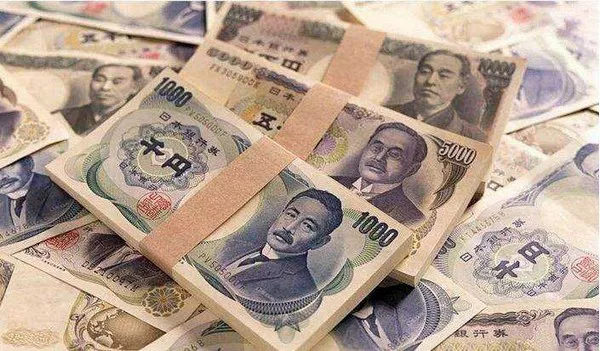Early European trading sees the EUR/JPY cross slipping below the mid-163.00s on Tuesday, driven by Tokyo Consumer Price Index (CPI) data for February. The rise in CPI sparks speculation of a potential exit from the negative interest rate regime by the Bank of Japan (BoJ) in the upcoming month, thereby strengthening the Japanese Yen (JPY) and exerting downward pressure on the cross. As of now, EUR/USD hovers around 163.22, marking a 0.10% decline for the day.
According to data released by the Statistics Bureau of Japan, the Tokyo CPI surged to 2.6% YoY in February from January’s 1.6%. Moreover, the CPI excluding Fresh Food and Energy slightly eased to 3.1% YoY in January, down from the previous 3.3%. The uptick in price growth above the central bank‘s target in February bolsters expectations of the BoJ’s first interest rate hike since 2007, fostering strength in the JPY against its counterparts.
BoJ board member Hajime Takata hinted at a potential shift in the central bank’s policy, stating that the price aim was nearly achieved, justifying a change in the monetary policy stance. However, BoJ Governor Kazuo Ueda remained cautious, emphasizing the need to evaluate more data to confirm the emergence of a virtuous wage-price cycle.
On the European front, the European Central Bank (ECB) is anticipated to maintain the main refinancing rate at 4.5% during its March meeting on Thursday. ECB President Christine Lagarde, in a statement last week, asserted that disinflation would persist but emphasized the need for more evidence data before considering an interest rate reduction. Investor focus will intensify during the press conference, with a less hawkish tone potentially impacting the Euro (EUR) and posing a challenge for the EUR/JPY cross.
Further market movements will be influenced by HCOB PMI data from Spain, Italy, France, Germany, and the Eurozone on Tuesday, followed by Eurozone Retail Sales on Wednesday. Thursday’s ECB rate decision is anticipated to provide decisive cues for the direction of the EUR/JPY cross.


























